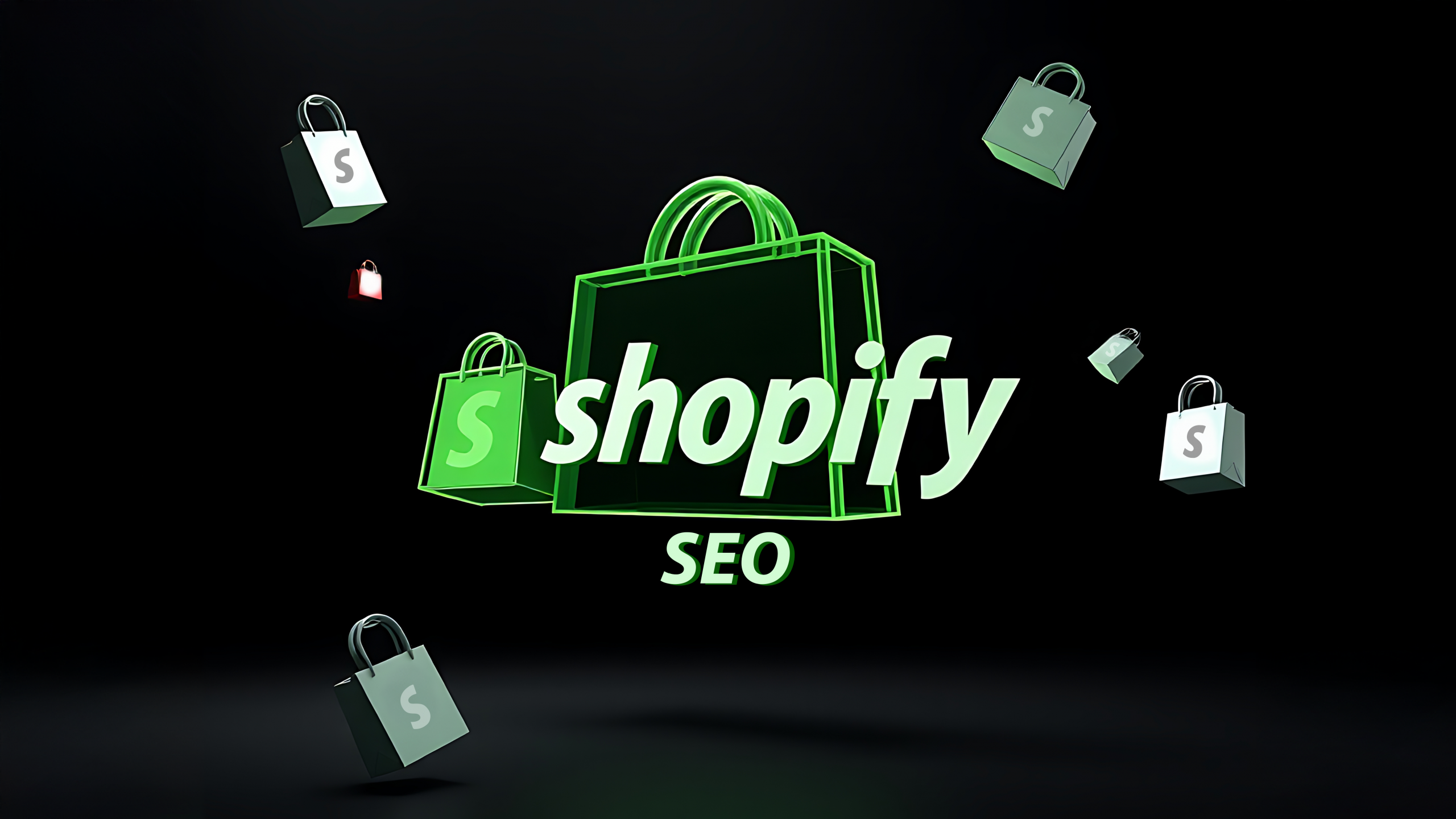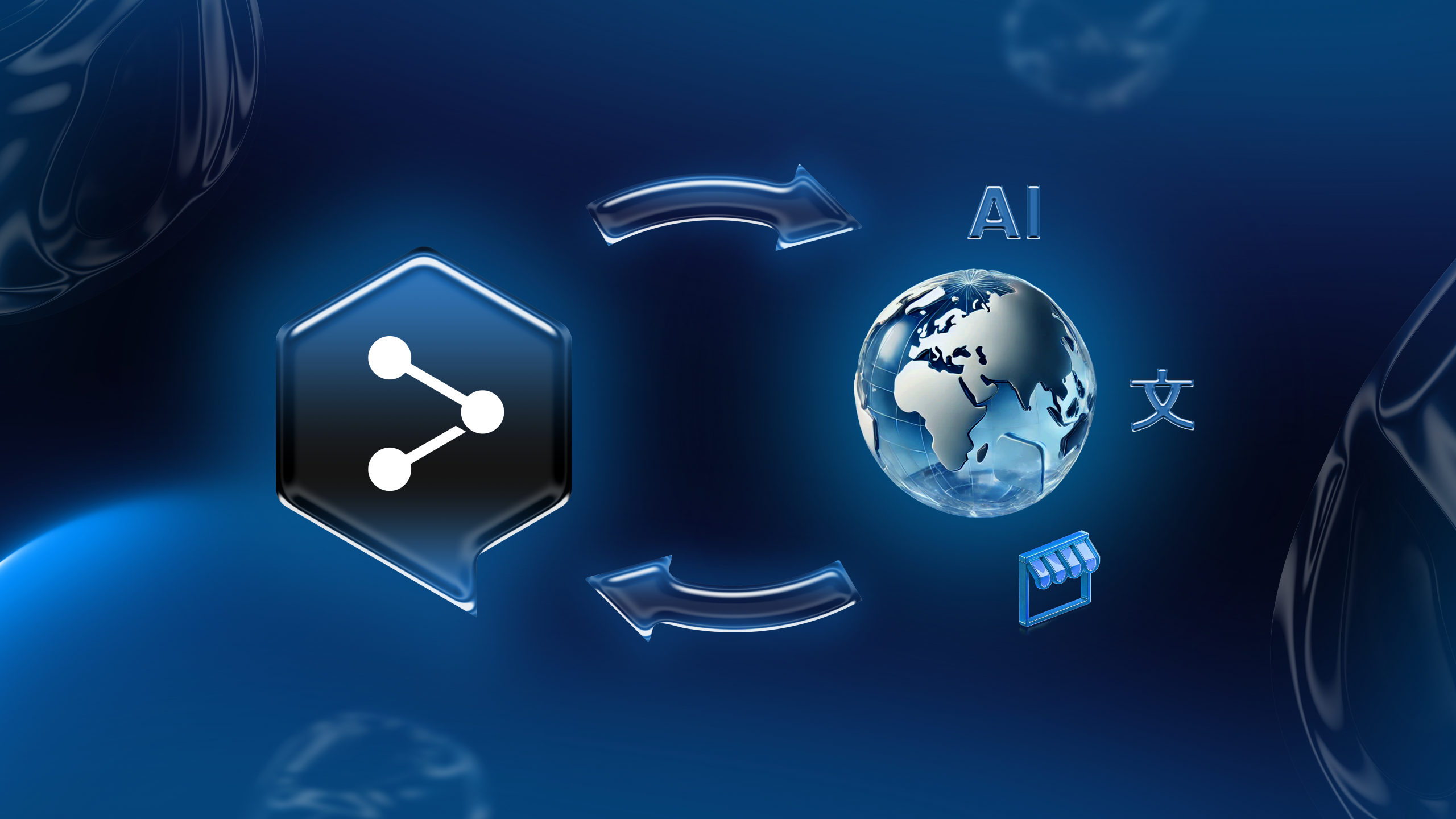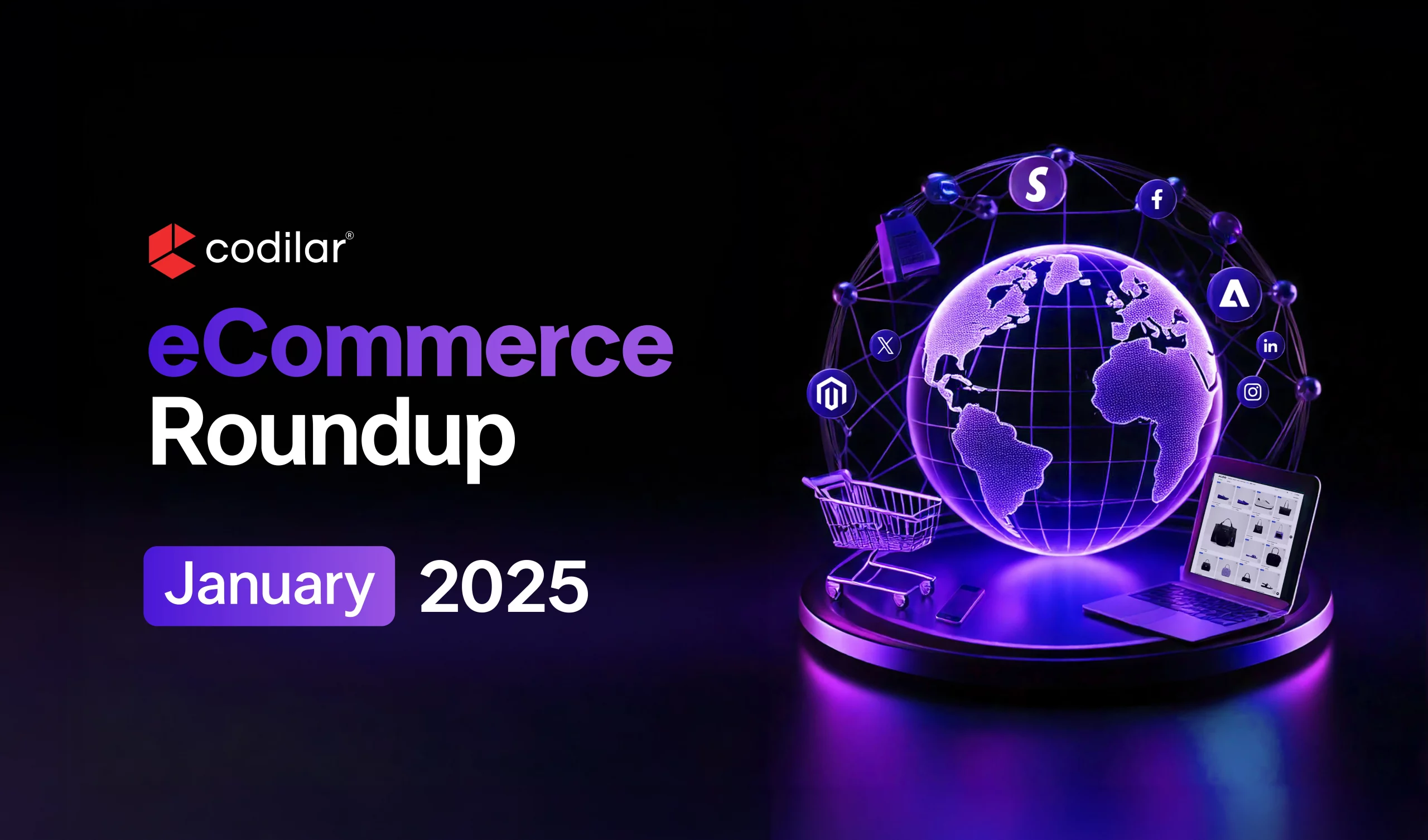In recent times, as Shopify continues to lead the eCommerce industry, optimising your store for search engines has. become a basic requirement. With millions of businesses dying for customer attention, following Shopify SEO standards and best practices can take you ahead of the competition and make you a global leader. If you’re a store owner or working with Shopify development partners, pushing your store’s visibility is the key to your gateway for driving traffic and increasing conversions.
In this blog, we’ll break down important Shopify SEO strategies to help you rank higher on search engines and attract more customers. Let’s check what the best practices are for improving your store’s SEO.
What’s Shopify SEO?
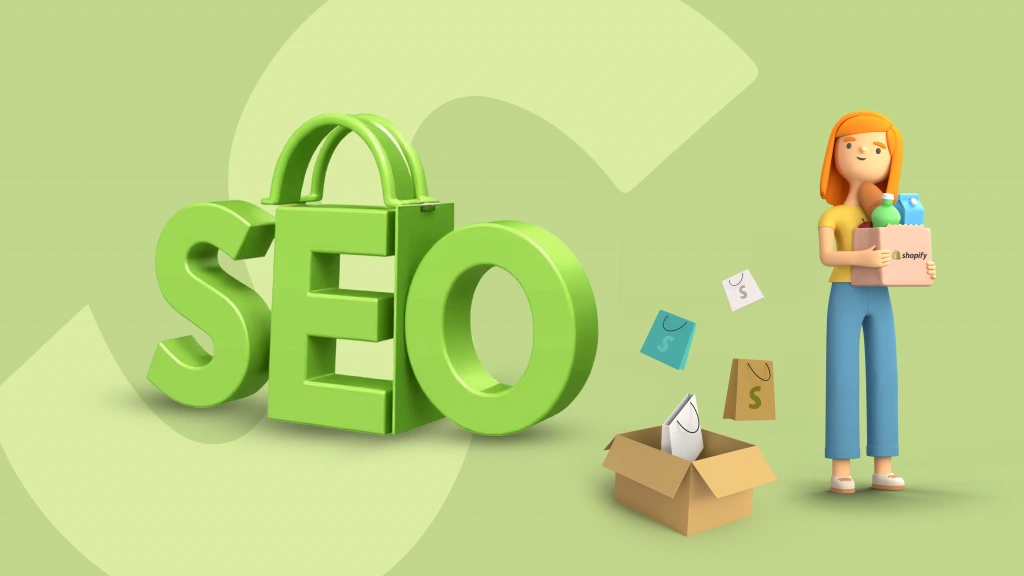
Shopify SEO refers to the optimization process of improving a Shopify store’s visibility on search engines such as Google and Bing. While Shopify offers a great foundation for SEO, there are specific tweaks and best practices you can implement to ensure your store ranks for relevant keywords.To compete in the saturated eCommerce market, you should master and excel at both on-page and off-page SEO techniques. Many Shopify experts and development companies specialise in applying these best practices to their clients’ stores.
Factors driving Shopify SEO
Many factors play an important role in defining your Shopify store’s ranking. Some of the most important factors include:
- Content Optimization – your product descriptions, blog posts, and landing pages should be perfectly balanced and on point. It should be rich with keywords and optimised for search intent.
- Site Structure – Organizing your site for easy navigation improves user experience and search engine crawling.
- Mobile Optimization – Make sure your Shopify store is mobile-friendly, as Google prioritises mobile-first indexing.
- Page Speed – A faster site enhances both SEO rankings and customer experience.
- Backlinks – Building backlinks from authoritative sites signals to search engines that your store is trustworthy and credible.
On-Page SEO for Shopify Stores
On-page SEO optimises individual web pages to improve rankings and get more relevant traffic. Below are some essential on-page SEO strategies designed for Shopify stores.
1. Optimize Product Pages
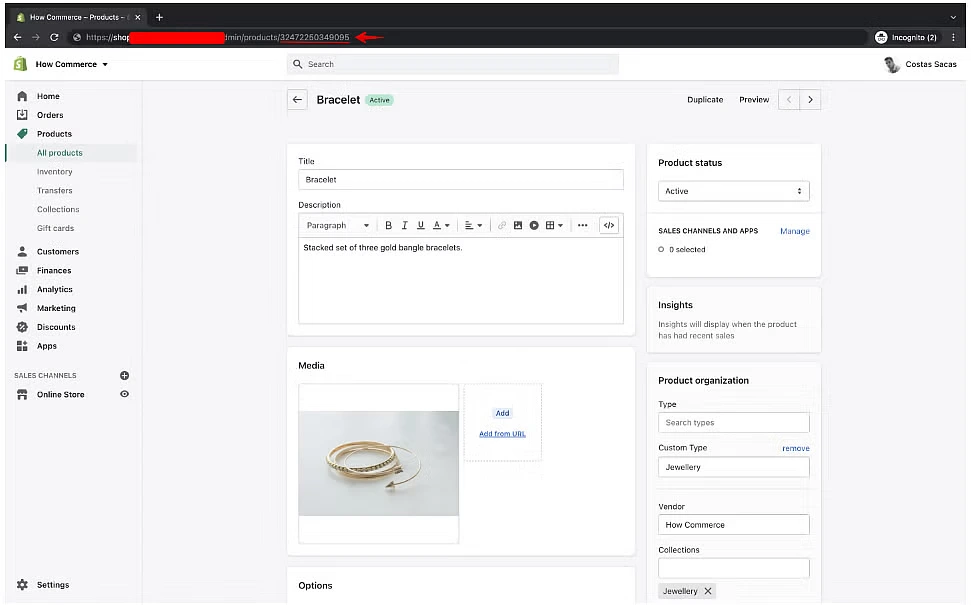
Your product pages are the lifeblood of your Shopify store. Updating them for Shopify SEO can greatly improve search visibility and conversions.
- Unique Product Descriptions: Use keyword-rich descriptions that answer customer queries. Avoid duplicating manufacturer descriptions, as they can bring down your SEO rankings.
- Title Tags and Meta Descriptions: Include primary keywords such as “Shopify SEO” and “eCommerce Developers” in your product titles and meta descriptions. Ensure they are compelling and provide a clear reason for customers to click through to your page.
- High-Quality Images with Alt Text: Use high-quality images and ensure they are as per the basic standards for quick loading times. Always include alt text with relevant keywords, as search engines use this to understand your images.
2. Blog Content Strategy
Blogging is a powerful SEO tool many Shopify development companies keep discussing and focusing highly on when building an SEO strategy. Regular blog updates keep your site active and offer new content for search engines to index.
- Keyword Research: Focus on topics that align with your products or services. For example, development companies use keywords like “Shopify SEO,” “Shopify experts,” or “search engine optimization companies” to attract potential customers looking for related services. It is related to their services. Similarly, you can research keywords in your industry and include a mix of both short-tail and long-tail keywords on your ecommerce platform.
- Internal Linking: Include links to your products within blog posts to drive traffic to product pages. This also helps search engines crawl your site more efficiently.
- Headings and Formatting: Use H2 and H3 headings to break up the content, making it easier to read. Where applicable, include bullet points and numbered lists to enhance readability. This will make your content look clean, sophisticated and more attractive.
3. Mobile Optimization
As more shoppers browse and buy from mobile devices, having a mobile-friendly Shopify store is good for Shopify SEO and eCommerce SEO
- Responsive Themes: Choose Shopify themes that are optimized and well-structured for mobile. Test your store’s performance on different devices to ensure a smooth user experience.
- Page Speed Optimization: Use Shopify’s built-in tools or work with Shopify development partners to minimize image sizes, enable lazy loading, and remove unnecessary apps that slow down the site.
Technical SEO for Shopify Stores
Technical SEO focuses on the behind-the-scenes parts of your site that affect search engine crawling and indexing. Implementing the following best practices can improve your store’s technical health and SEO performance.
1. URL Structure
A clean URL structure boosts user experience and makes it easier for search engines to understand your content.
- Simplified URLs: Avoid including unnecessary words in your URLs. A clean, keyword-focused URL (e.g., www.yourstore.com/shopify-seo-guide) performs better than a cluttered one.
- Canonical Tags: Shopify automatically includes canonical tags to prevent duplicate content issues, but double-check to ensure they are applied correctly.
2. Page Loading Speed
Google has emphasized that page speed is an important ranking factor. A slow site can harm user experience and SEO efforts.
- Use Fast Themes: Many Shopify development companies can recommend lightweight, SEO-optimized themes.
- Minimize Redirects: Every redirect adds extra load time. Limit the number of redirects on your Shopify store for faster load times.
3. XML Sitemap and Robots.txt
- Submit a Sitemap: Shopify automatically generates a sitemap, but you should submit it to Google Search Console to help search engines crawl your store effectively.
- Robots.txt File: Review your robots.txt file to check if search engines are not blocking important pages
Off-Page SEO for Shopify Stores
Off-page SEO refers to activities outside your website that impact your rankings, such as backlink building and social signals.
1. Build Quality Backlinks
Backlinks from famous websites signal to search engines that your site is trustworthy and credible. The more authoritative sites that link to your store, the better your Shopify SEO rankings will be.
- Guest Posting: Reach out to high-authority blogs and offer to write guest posts. Include links back to your Shopify store or specific product pages.
- Collaborate with Influencers: Influencer partnerships can drive traffic and earn valuable backlinks. Many eCommerce developers can guide you in building an SEO-friendly network with influencers in your industry.
2. Social Media Presence
While social media links may not directly impact Shopify SEO, they can help drive traffic to your store, increasing your online visibility. This push in traffic can indirectly influence search engine rankings by improving engagement metrics.
- Share Product Links: To encourage click-throughs, regularly share product links on platforms like Instagram, Facebook, and Pinterest.
- Encourage User-Generated Content: engaging with customers to share their experiences, discuss their reviews, and like your products on social media can generate additional backlinks and boost your overall SEO.
By incorporating Shopify Plus features, such as advanced customization options, automated workflows, and enhanced API integrations, you can further optimize your store for SEO, performance, and scalability.
Looking to enhance your strategy? Check out our blog on Shopify to Magento integrations!
Wrapping Up
Upgrading your Shopify store for search engines is more than just a one-time task. It asks for rigorous, constant updates, testing, and refinements to make sure your store stays ahead in the competitive ecommerce industry. By applying the best practices discussed above, including on-page and off-page SEO strategies, technical SEO upgradation, and creating high-quality content, your Shopify store will be in a better position to attract more visitors and convert them into loyal customers.
Ready to boost your Shopify SEO?
Work with experienced Shopify development partners and eCommerce developers to implement these strategies and to make your store stand out!
